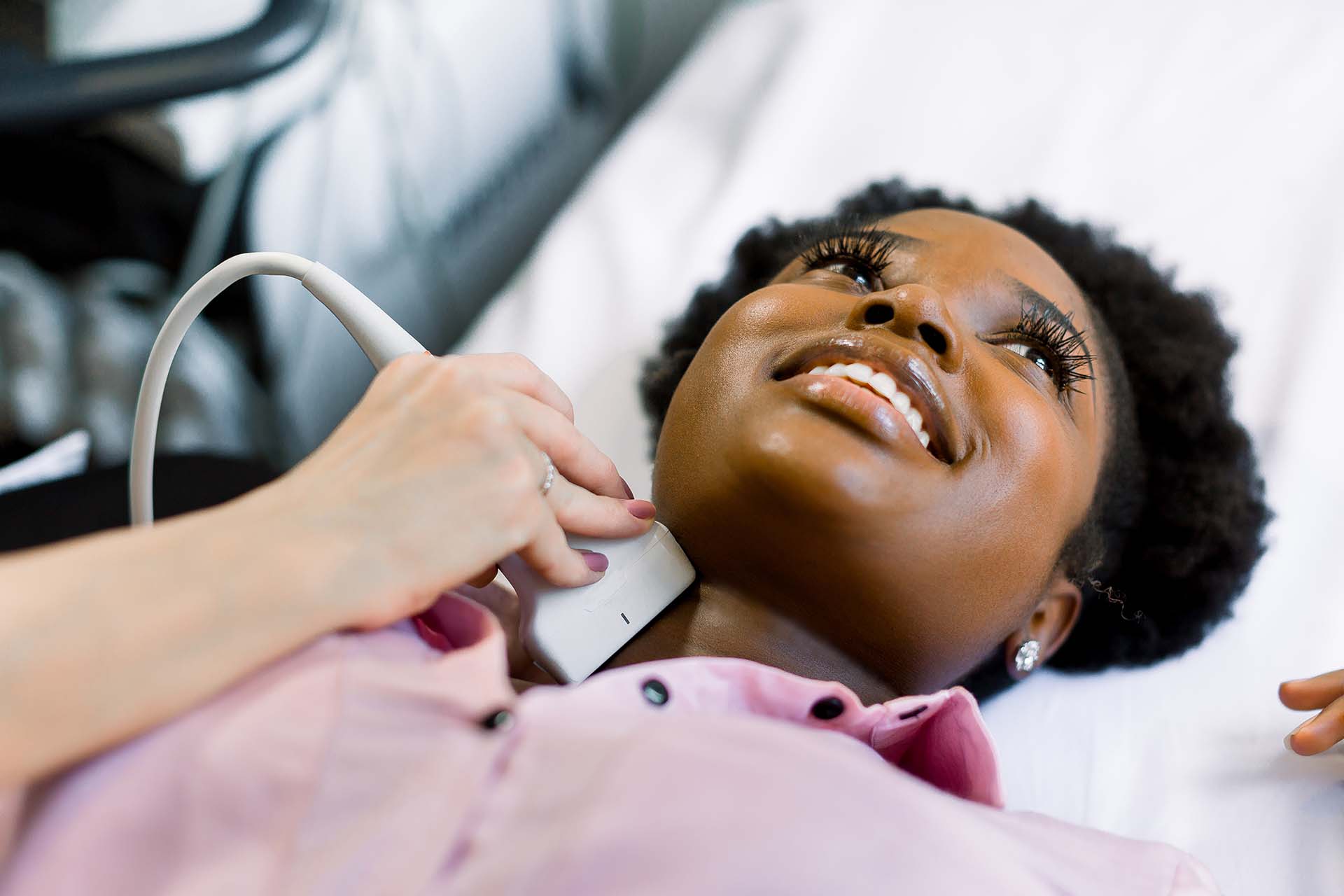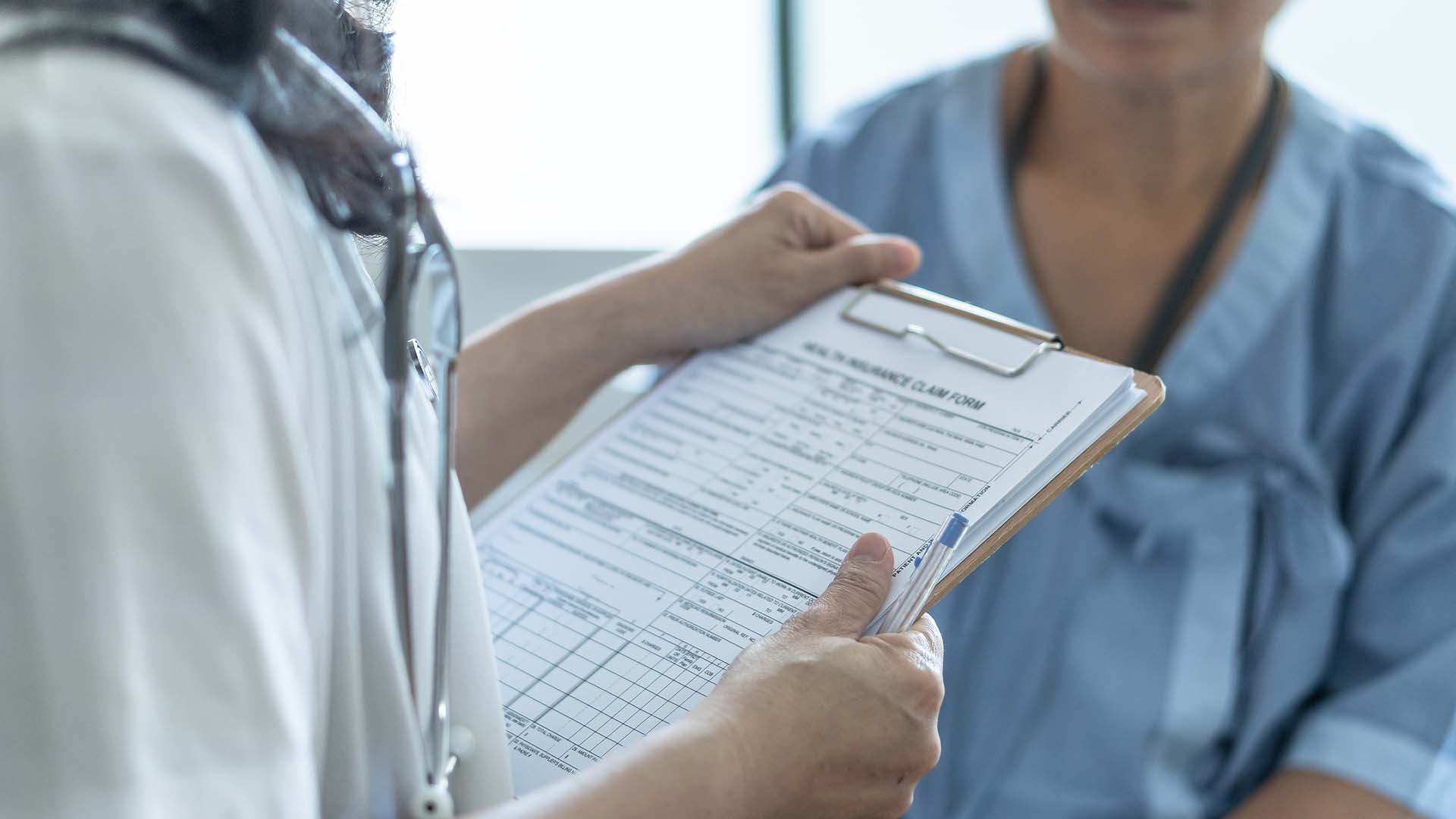The thyroid gland plays an incredibly vital role in all of our lives. It regulates our heart rate, blood pressure, metabolism, and much much more. In the past, we have written about how the thyroid gland is central to life in a general aspect. Something that is not discussed often, however, is the thyroid gland and its role in pregnancy.
Thyroid screening before pregnancy
If you are currently trying to conceive or considering starting a family, regular thyroid screening will be helpful. It can help monitor any issues and provide possible answers to the myths of infertility.
Thyroid screening is recommended for women over the age of 35 and women who have experienced problems conceiving or during pregnancy in the past. It is a relatively simple process that involves regular blood tests to check thyroid hormone levels.1
Thyroid disorders and abnormal levels of thyroid stimulating hormone (TSH) can disrupt natural cycles and ovulation, making it difficult to conceive and can lead to difficulties in pregnancy.2 With regular screening, you and your doctor can better determine whether hyperthyroidism or toxic nodules are present and whether it could be a possible culprit to fertility problems.
Correcting hyperthyroidism can require treatments such as medication. Minimally invasive treatments such as radiofrequency or ethanol ablation can also be an option for benign thyroid nodules causing hormonal problems.
Thyroid gland and pregnancy
During pregnancy, the mother’s thyroid gland serves a crucial role for fetus development – particularly during the first three months. During the first trimester, the fetus is relying on maternal thyroid hormone for his/her structural development, such as the skeletal and nervous system.1
At the 12-week mark, the baby’s thyroid will begin to start working on its own, but there will still be a reliance on the mother’s hormones as it is not fully developed to support the baby. Once reached the 18-20 weeks mark, the baby’s thyroid will start to make enough of its own hormones to sustain his/her needs.3
There are two pregnancy-related hormones that will be present in the mother’s bloodstream during this time, human chorionic gonadotropin (hCG) and estrogen. HCG is produced by the placenta once the embryo implants in the uterus.4. It ensures the continuous production of progesterone during the pregnancy to prevent menstruation from occurring. Along with progesterone, estrogen is another hormone that gets pregnancy started. Estrogen is a female sex hormone produced by maternal ovaries and later by the placenta. It maintains the wellbeing of the uterus during pregnancy and triggers the development of baby’s organs.5 The higher levels of hormone will lead to thyroid-stimulating activity in the body.6 Hence, the thyroid might enlarge slightly for healthy women during pregnancy, but usually, it is not a cause for concern.3
If the thyroid becomes too enlarged or has nodular growths, however, that might be a cause for concern. Toxic thyroid nodules can lead to hyperthyroidism, and the increase in thyroid hormones can lead to complications during the pregnancy if not properly monitored.
Hyperthyroidism is essentially when the thyroid gland is overactive and produces more thyroid hormone than is needed. The thyroid gland becomes overactive due to nodules or lumps that grow on the thyroid gland. The subsequent enlargement leads to the thyroid gland producing an excess amount of thyroid hormone.3
For the mother, hyperthyroidism can lead to early labor and risks such as pre-eclampsia7, a critical condition that leads to high blood pressure and damage to multiple organ systems in the mothers.8 It can also lead to a higher risk of more severe hyperthyroidism later in the pregnancy or during the postpartum period.8
For the fetus, uncontrolled maternal hyperthyroidism is linked to prematurity, stillbirth, congenital malformations, as well as conditions such as fetal tachycardia (fast heart rate).9 The maternal hyperthyroidism might also lead to neonatal hyperthyroidism in very extreme cases, although this is uncommon.9
It is essential to discuss with your doctor the risks of hyperthyroidism before conceiving and during the pregnancy if you have experienced hyperthyroidism in the past so that you and your baby can be monitored for safety throughout the pregnancy.
Protecting your thyroid is vital across different life stages; regular screenings and appropriate treatment options are essential. Work with your specialist to ensure the proper functioning of your thyroid gland and treating the underlying causes related to pregnancy issues. Learn more about treatment options to save your thyroid today.




